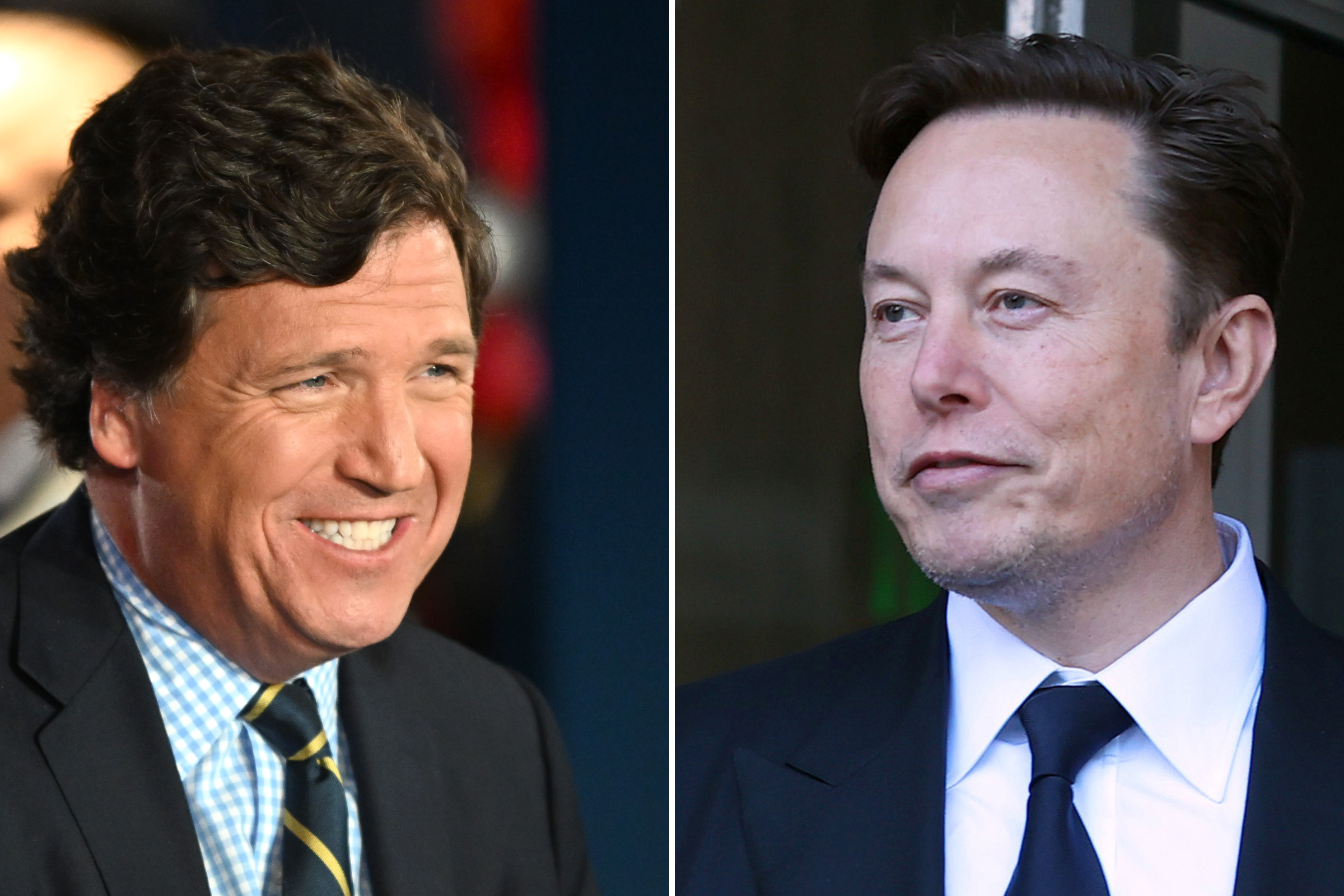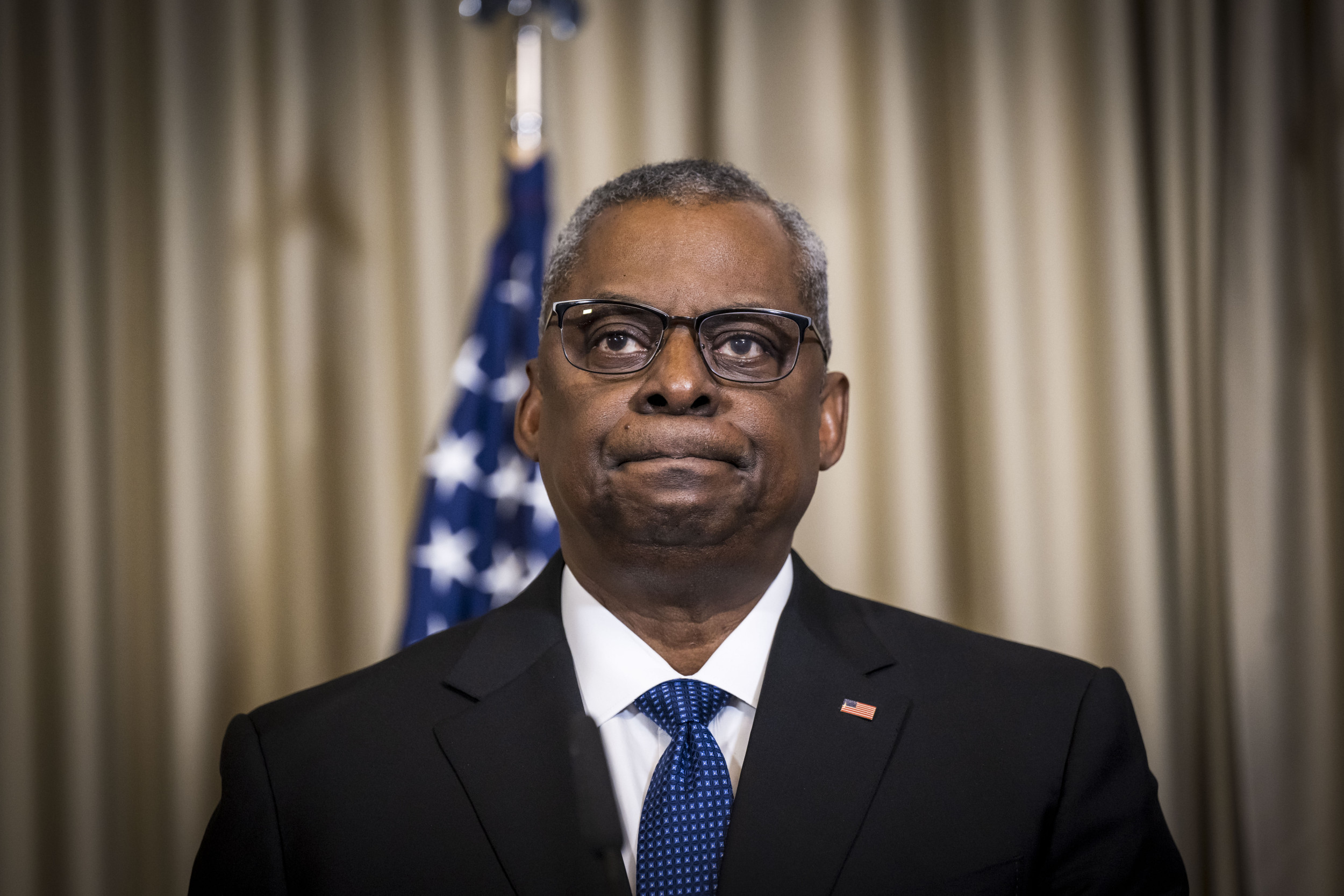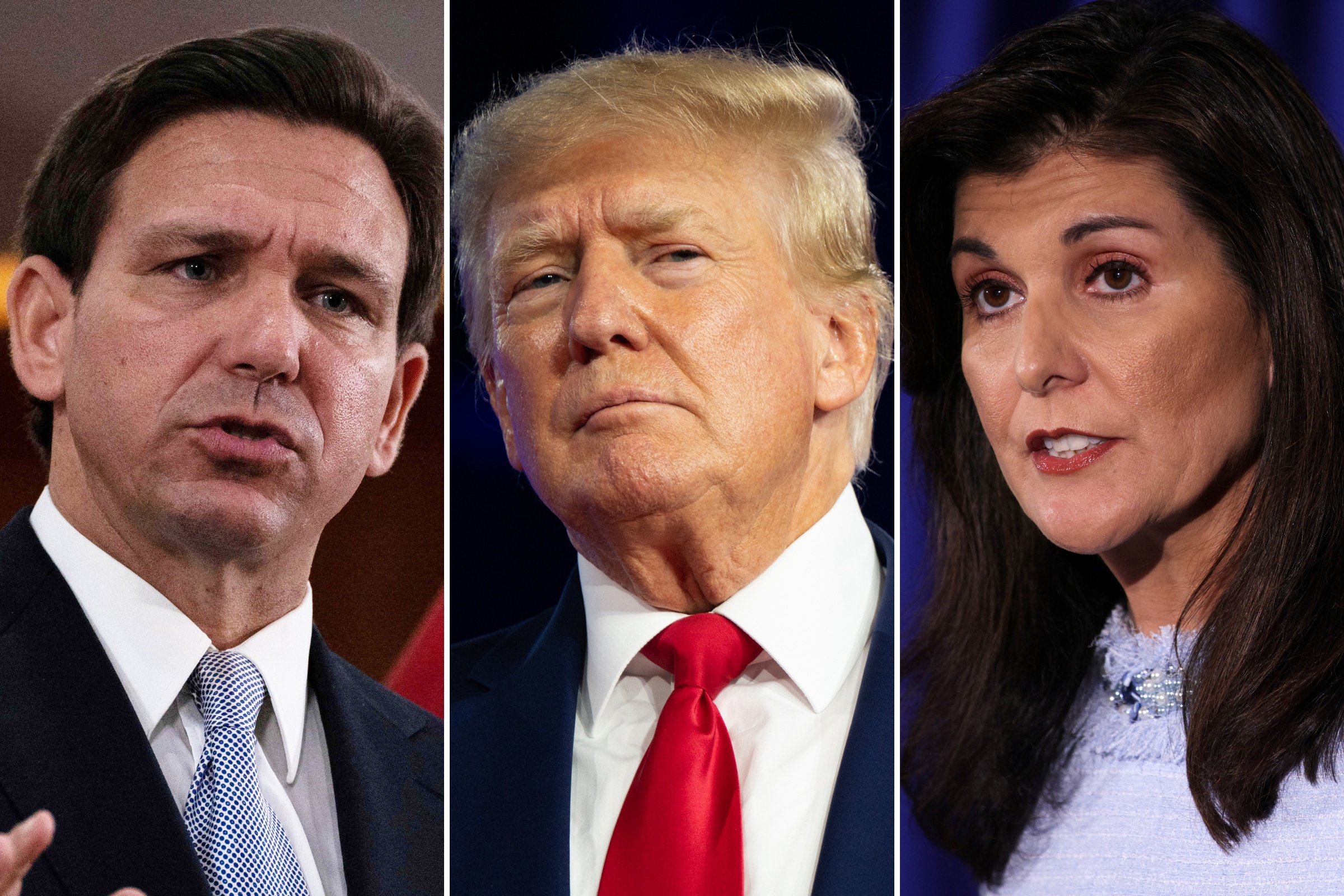Strikes Against Russia Are Likely to Continue Despite Ukrainian Denials
A small drone exploded over the Kremlin in Moscow in the early morning hours of May 3.
A largely symbolic strike that did little apparent damage, it was one of several recent attacks that Ukrainian actors appear to have carried out on Russian soil—but others have been far more damaging.
Recent strikes include the derailment of freight trains in southern Russia, the explosion of oil depots near Crimea, the destruction of parked Russian aircraft on bases in Belarus, and the assassination of pro-war propagandists as far away as St. Petersburg. Taken together, they suggest that Ukraine is willing and able to take the fight directly to the enemy.
Drones can be bought at any military store.
While Ukrainian officials have consistently denied any responsibility for such incidents, often calling them the result of Russian soldiers carelessly "smoking in a prohibited area," their official statements regarding explosions on Russian territory hint at Kyiv's involvement.
Following the attack on the Kremlin last week, presidential advisor Mykhailo Podolyak deflected blame for the strike by suggesting that "drones can be bought at any military store." His comment was widely interpreted as an allusion to Vladimir Putin's own 2014 excuse that the Russian soldiers occupying Crimea were merely "local self-defense forces," as "you can go to a store and buy any kind of uniform."
As for the drones over the Kremlin. It’s all predictable... Russia is clearly preparing a large-scale terrorist attack. That's why it first detains a large allegedly subversive group in Crimea. And then it demonstrates "drones over the Kremlin". First of all, Ukraine wages an…
— Михайло Подоляк (@Podolyak_M) May 3, 2023
But while Ukraine possesses the technical capacity to send an unmanned aircraft all the way from the border to Moscow, aerial warfare experts say it is unlikely that the object which exploded over the Kremlin last week was launched from inside Ukraine.
"A drone with a moped engine can make that trip if it has enough gas, and Ukraine has sent larger unmanned aircraft into Russia proper," Marcel Plichta, a former analyst with the U.S. Department of Defense, told Newsweek. "But it's also more likely that something traveling all the way from Ukraine would be downed before it made it all the way to Moscow, meaning that the Kremlin attack was probably carried out by infiltrators or partisans launching something from inside Russia itself."
One of the reasons why Russia could have failed to stop the aircraft which struck the Kremlin is precisely because the object itself was so insubstantial.
"If something is flying low and slow, it might not be the kind of thing that air defenses are looking for," Plichta said. "It's the same kind of issue that the U.S. ran into with the balloons."

While other means of defense are available, they also come with a downside.
"Even if you do detect something like this, it still might not be the kind of target that air defense systems are designed to bring down," Plichta said. "Electronic warfare systems can divert drones from their pre-planned course, but that requires jamming, which also renders your own satellite navigation temporarily inoperative."
"The fact that we've been seeing taxi services in Moscow go offline occasionally in specific areas of the city suggests that the Russians are using these systems," he added, "which means that they take the threat seriously."
The more targets you hit in the enemy's rear, the fewer air defense systems they can use on the actual front lines.
But while the confluence of factors Plichta describes may have facilitated the execution of the strike on the Kremlin, they also make it much more difficult for Ukraine—or for any hypothetical independent, anti-Putin partisan groups—to carry out substantive attacks on targets deep inside Russia. Although the Kremlin has characterized the May 3 drone strike as an assassination attempt against Vladimir Putin himself, the nature of the attack does not fit with such a claim.
"You can't do much damage to a building like the Kremlin with the payload a drone like this can carry, let alone kill anyone, unless they were standing right next to a window," he said. "That's why Ukraine has mainly been going after oil facilities in places like Crimea, Rostov, and Belgorod, which can be hit more easily by something larger launched from Ukrainian territory."
This does not mean that the largely symbolic Kremlin attack served no broader military purpose. While Ukrainian president Volodymyr Zelensky claimed last week with regard to the May 3 incident that "we don't have enough weapons for this," the use of relatively cheap drones for such purposes can have a material effect on Russian defense priorities.
"The more targets you hit in the enemy's rear, the fewer air defense systems they can use on the actual front lines," Alec Bertina, an all-source analyst for Grey Dynamics and a conflict analyst at MilitantWire, told Newsweek.
"It also raises questions as to which priorities Russia's special services need to be guarding against," he added. "Just as in Ukraine, a lot of people in Russia buy commercial drones and donate them to guys fighting on the front. Imagine if, in order to avoid similar attacks in the future, the FSB is tasked with checking everyone in Russia who is buying commercial drones."
It is also likely that the Kremlin strike, along with the uptick in train derailments and oil facility explosions, are not isolated events.
"When taken together, the confluence of attacks on Russian territory look like shaping operations for the upcoming counteroffensive," Bertina said. "It's true that the transfer of a few air defense systems from the Donbas to Moscow does not by itself guarantee a Ukrainian success, but the totality of everything we see happening deep in Russian territory works to make that Ukrainian success more likely."
While Ukrainian officials strenuously deny responsibility for any incidents occurring on Russian soil, they make no secret of their delight at the news coverage that often follows.
"I do not know who organized the drone attack on the Kremlin," Ukrainian member of parliament Oleksiy Honcharenko told Newsweek. "But one thing is clear: it made Ukrainians very happy, and I expect that such things will continue to occur regularly over there."
"It's a boomerang," he added.








